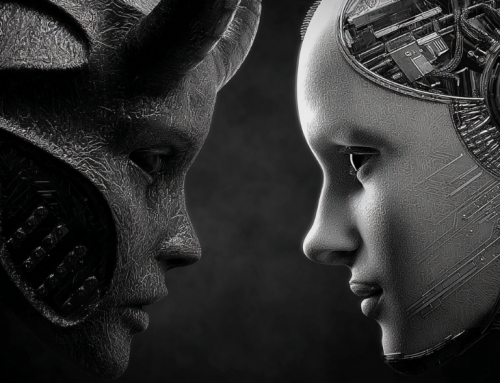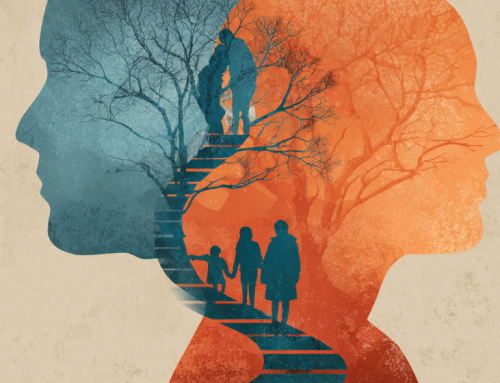
2020 only needed 6 months to ruin Quibi.
2020: Year of Failures from COVID Spread to Businesses & New Tech
In a year that many would like to forget, MIT’s technologyreview.com published an article that gives a look back at some of the tech failures of 2020 that may already be a distant memory. Or in some cases, may have never left an impression at all. These products were all the rage for a short period of time, but eventually, they petered out.
We have selected a few from the article written by Antonio Regalado.
COVID Tests
The polymerase chain reaction is not a new technology. In fact, this technique for detecting the presence of specific genes was invented in 1980, and its inventor won a Nobel Prize a decade later. It’s employed in a vast array of diagnostic tests and laboratory research.
So it counts as a historic screw-up that at the beginning of the COVID-19 pandemic, the specialized laboratories of the US Centers for Disease Control and Prevention sent states lab kits with wrong ingredients that didn’t work. So began the failure to stop the pathogen, the sidelining of nation’s top public health agency, and, more broadly, the unexpected inability of the country that invented PCR to get coronavirus tests to everyone who needs one. Widespread and frequent testing is what economists said would be the swiftest, cheapest way to keep the country up and running. Even now, 11 months later, lines and delays are still the testing norm in the U.S., even as private labs, universities and health centers run approximately two million tests per day.
Read more: Stop covid or save the economy? We can do both
Unregulated Facial Recognition
Imagine a grainy video from a convenience store robbery. A shoplifter looks at the camera and presto, police use face recognition to identify a suspect. Now imagine a city—like Portland, Oregon—that decides it has to ban police from doing that.
The ability to match faces is one of the signal triumphs of the new generation of artificial intelligence, and the technique is appearing everywhere. That includes settings where its use can seem intrusive or unfair, like schools or public housing. The result this year: a run of bans and restrictions by cities, states, and companies that could stifle one of the first and most significant results of superhuman AI.
The reason the technology is accelerating is that cameras are everywhere—and we all handed over our selfies. “We have allowed the beast out of the bag by feeding it billions of faces, and helping it by tagging ourselves,” says Joseph Atick, who built an early face recognition system using special cameras and a custom image database. Now there are hundreds of face recognition programs crunching pictures online.
Controlling these systems, says Atick, “is no longer a technological issue.”
Over the summer, Microsoft and Amazon both denied police access to their face-matching systems, at least temporarily, and cities like Portland enacted sweeping bans that also stop hotels and shops from identifying people. What’s still missing is a national framework to guide right and wrong uses. Instead of a cycle of abuses and bans, we need a policy. And in the US, we don’t have it yet.
Listen to more: Attention, Shoppers: You’re Being Tracked from the In Machines We Trust podcast.
And finally, we look back at QUIBI.
Quibi’s Quick Collapse
“Quick bites. Big stories.” That was the motto of Quibi, a Hollywood-powered streaming service that set out in April to revolutionize entertainment with 10-minute shows for phone screens.
But the big story became Quibi’s fast demise. Six months after its debut, the company was firing talent and giving what remained of its $1.75 billion budget back to investors.
In a farewell letter, studio mogul Jeffrey Katzenberg and Quibi CEO Meg Whitman said their pursuit of a “new category of entertainment” might have been misguided, but they also directed blame at the pandemic, which kept people at home in front of the TV. “Unfortunately, we will never know, but we suspect it’s been a combination of the two,” they wrote. “Our failure was not for lack of trying.”
Read more: Quibi Is Shutting Down Barely Six Months After Going Live, Wall Street Journal
There are several more issues that the article takes a look at. Everything from #zoom mistakes, to satellites causing light problems for stargazers.
read more at technologyreview.com







Leave A Comment